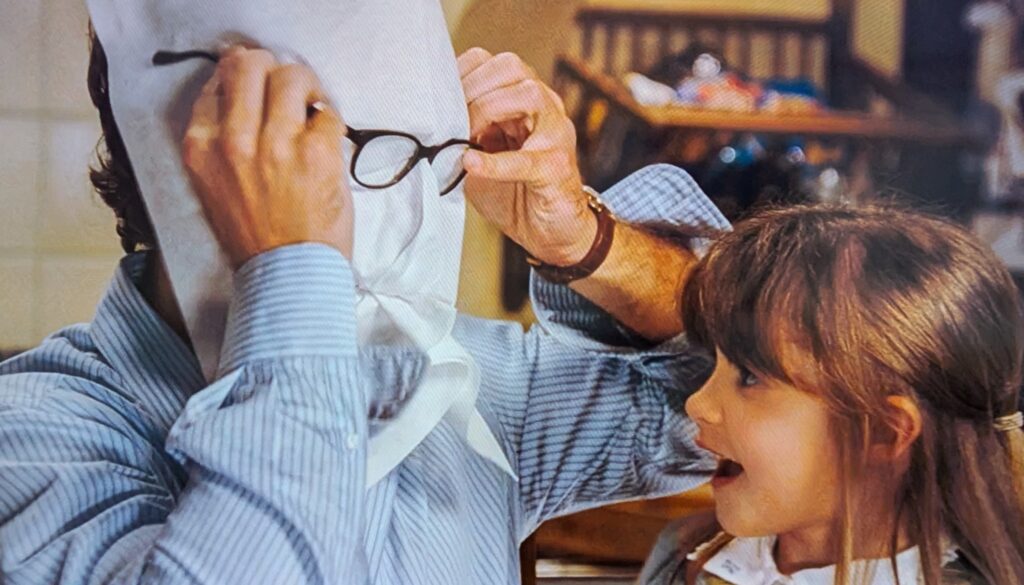The story misdirects us on Graham’s character. He appears to be a drunken playboy. Later we learn that he’s a widower father of two young girls. He’s a serious person who lets loose when he can, which isn’t often.
He openly admits to being a weeper. He guards information about his daughters because he’s a good father, but any other personal revelations are fair game. He’s not afraid of what he feels. Like his sister Iris, Graham seems to be a Heart Type.
Or is he?
We can’t have him be another Two, like his sister; that would be bad writing. He’s not snarky enough to be a Four. I can’t see Graham as a Three. Although he’s successful, he doesn’t have that Three glow.
Graham is a Nine. He’s a caretaker. (He probably rescued small, injured animals when he was a child, lol.) Amanda’s Four personality reveals Graham’s Nine. Her insecurities are a framework Graham understands. He’s pretty sure he knows how to be in love with her. Because this is a romcom, Graham’s certainty becomes upended in the story’s Five, but the Eight and Nine prove he was right all along. A happy resolution is welcome — upbeat Christmas story is a good choice — but it also feels believable because the Character Enneagrams are well done.

Like Graham, may we all embrace our inner Mr. Napkinhead at this holiday season, bringing joy to family and friends.